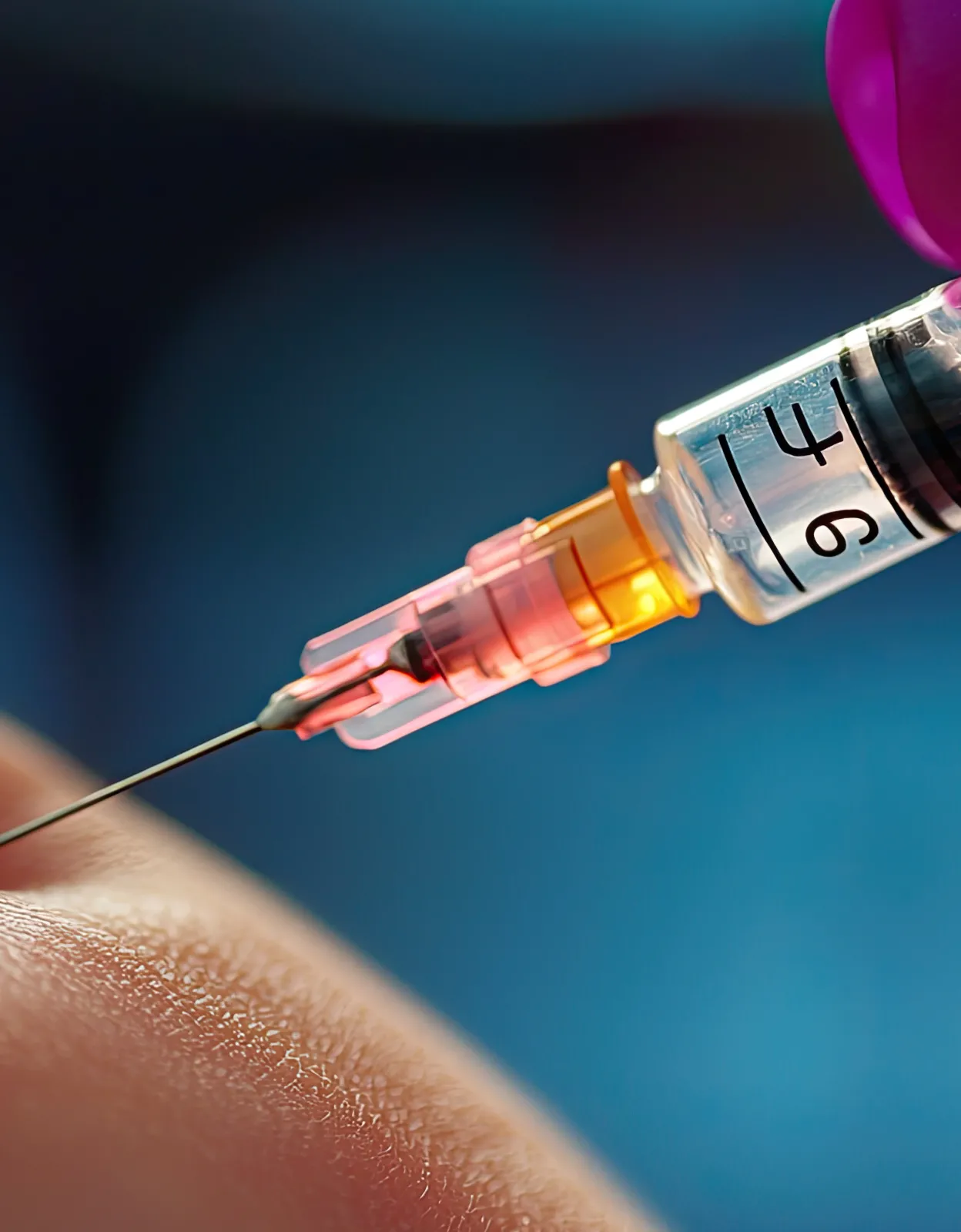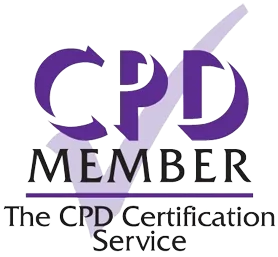29 Mar 2025
Recommended
Minimum 30 mins
Course
Access
Certification
Voiceover

The Rapid Tranquillisation in Clinical Practice course is designed for healthcare professionals managing acute agitation and aggression in clinical settings. Rapid tranquillisation is a critical intervention to ensure the safety of both patients and staff, requiring strict adherence to ethical, legal, and clinical guidelines. This course equips participants with comprehensive knowledge of the principles, pharmacological options, and best practices for administering rapid tranquillisation, with a strong emphasis on patient-centred care.
The course covers clinical indications, contraindications, and management strategies, including monitoring and follow-up care. It also explores the ethical and legal frameworks governing rapid tranquillisation, focusing on patient consent, capacity, and professional accountability. Additionally, the course highlights the importance of de-escalation and other non-pharmacological strategies to minimise the need for physical interventions.
Aligned with the latest UK guidelines, this course prepares participants to manage challenging clinical situations confidently and compassionately, ensuring patient safety, dignity, and optimal outcomes.

 £20
£20
Learning Outcomes.
By the end of this course,participants will be able:
To understand the indications, contraindications, and appropriate use of rapid tranquillisation.
To explore pharmacological options for rapid tranquillisation and their safe administration.
To recognise, manage, and mitigate potential side effects and complications.
To apply legal and ethical principles, including issues of consent and capacity, in decision-making processes.
To develop proficiency in de-escalation techniques and other non-pharmacological strategies to reduce the need for rapid tranquillisation.
To understand the importance of thorough monitoring, follow-up care, and accurate documentation after rapid tranquillisation interventions.
Course
Contents.
01
Definition, scope, and its role in clinical practice.
03
Evaluating the need for rapid tranquillisation and incorporating de-escalation techniques.
05
Identifying risks and ensuring comprehensive monitoring during and after intervention.
08
Importance of maintaining compliance and accountability through accurate records.

06
Addressing physical health, psychological support, and follow-up practices.
09
Emerging best practices and patient-centred approaches.
02
NICE guidelines, consent, capacity, and professional accountability.
04
Overview of mechanisms, dosages, and administration protocols.
07
Communication techniques and de-escalation strategies to manage agitation.
This course equips healthcare professionals with the knowledge and skills necessary for the safe and effective application of rapid tranquillisation. It provides a comprehensive understanding of its indications, pharmacology, and ethical considerations, alongside strategies for de-escalation and post-intervention care. By focusing on patient safety, dignity, and adherence to UK guidelines, this course ensures participants are prepared to handle crises with professionalism and compassion.
 Summary
Summary


